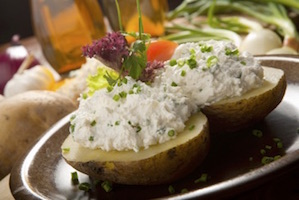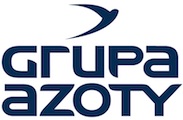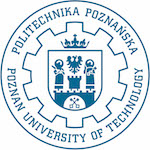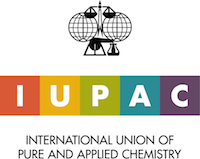About Poznan
About Poznań
Poznań is a place where the energy of the New Europe is merged with the civilization of the West. A metropolis with over half-a-million residents, Poznań is situated in the most economically developed region of Poland, closer to Berlin than to Warsaw. Poznanians can be counted on - they are well-educated, competent and welcoming.
The people of this metropolis also stand out in terms of their spirit of enterprise, renowned for generations. During the great economic crisis at the beginning of the 20th century, Poznań managed to establish itself as one of the biggest trading areas in this part of Europe. Today, the Poznań International Trade Fair Centre successfully hosts large international events including the 2008 United Nations IPCC climate conference and a 2010 meeting of the delegations of 46 ministers of culture from Europe and Asia, under the auspices of the Asia-Europe Meeting.
The city´s sports infrastructure allows for the organisation of major international sporting events. In the opinion of experts, Poznań has one of the most beautifully located regatta courses in the world and hosts one of the largest street races in Europe- the Poznań Marathon. Poznań is also becoming famous around the football stadiums of Europe for the passion of the fans of Lech Poznań-the best supported club in Poland.
Poznań cultural climate is formed by the wide range of entertainment on offer. Major international events hosted here include: Malta Festival - the biggest theatre festival in Poland, Dancing Poznań - which has been attracting dancers from all over the world for 17 years and the Made in Chicago Festival - the only festival of the Chicago Jazz School in Europe.
Useful links:
www.poznan.pl/mim/main/en/
poznan.travel/en/
poznan.travel/en/r/warto-zobaczyc/muzea
General information: from A to Z
Climate
The average temperature in May is approximately 20 degrees Celsius during the day.
Currency, credit cards, banking
The currency in Poland is the Polish Zloty (PLN). The Euro rate is variable but usually about 4 PLN.
National Bank of Poland´s official webpage provides information on the official exchange rates of other currencies.
Credit cards are accepted for payment in virtually all hotels, restaurants and shops.
Cafes,
Poznan is famous for its baked goods and desserts. We especially recommend the summer gardens in the Old Market.
St. Martin croissants are a unique delicacy - they´re traditionally baked on November 11th, but are also available all year round at some bakeries. Szneki z glancem (sweet rolls with sugar icing), or macaroon croissants, are also worth tasting.
Disabled Participants
The Conference Venue is fully accessible for disabled persons. If you require special attention during the Congress please let us know at office_polychar24@put.poznan.pl
Entering the country
Poland has been a part of the Schengen Group since 2007. To enter the Schengen territory, citizens of other countries must have a valid passport and, if required, also visa. Please contact your travel agent or the nearest Polish diplomatic post for further information. Find also more information at the website of the Ministry of Foreign Affairs of the Republic of Poland at
www.msz.gov.pl/en/ministry_of_foreign_affairs
Electricity
The voltage in Poland is 230 V / 50 Hz. Appliances from North America and Great Britain require an adaptor and/or transformer.
Emergency Numbers
In the case of an accident or another emergency, please call: - Police - 997 - Fire - 998 - Ambulance - 999 For mobile phone users, the universal European Emergency Number is 112.
Entering the country
Poland has been a part of the Schengen Group since 2007. To enter the Schengen territory, citizens of other countries must have a valid passport and, if required, visa. Please contact your travel agent or the nearest Polish diplomatic post for further information. Find also more information at the website of the Ministry of Foreign Affairs of the Republic of Poland at
www.msz.gov.pl/en/ministry_of_foreign_affairs
Invitation letters for participants will be issued after registering for the conference and submitting an abstract. Obtaining an entry visa for Poland may be time-consuming. Therefore, it is recommended to register for the conference and apply for the invitation letter at your earliest convenience.
IUPAC endorsement implies that entry visas will be granted to all bona fide Chemists provided application is made not less than three months in advance. If a visa is not granted one month before the meeting, the IUPAC Secretariat should be notified without delay by the applicant.
Health requirements
No vaccinations are required.
Mobile telephones
Contact your provider for any additional information on the operation of your mobile telephone abroad. Please note that you might need an adapter for recharging in Poland and that mobile telephones must be switched off during congress sessions.
Official Language
Official language of the Congress is: English.
Sport and recreation
Poznan is a city of great sporting traditions, home to many clubs and sporting associations. Every year, it hosts a number of events for amateurs and professionals, including the largest Polish marathon. The city´s sports infrastructure is being developed all the time. The most modern venues in Poznan are the Municipal Stadium on Bulgarska Street and Termy Maltanskie on Termalna Street.
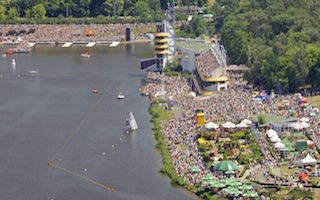
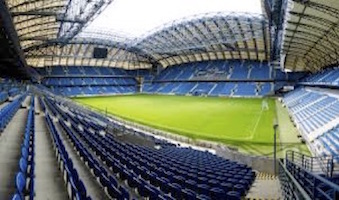
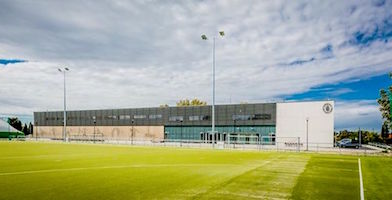
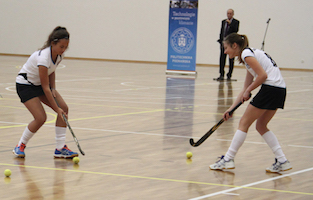
Saint Martin Street Day - Every year on the 11th of November, Poznan residents meet to celebrate a day for one of the main streets in their city. The event is organized as a street fair, with the special highlight being St. Martin (Św. Marcin) riding a white stallion through the streets of the city. The famous St. Martin croissants are traditionally baked on this day.
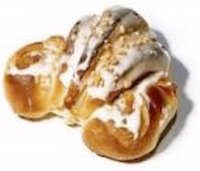
Time
GMT + 1 hour.; U.S. (EAST) +6 hours.
Telephone
The country code for Poland is +48; the area code for Poznan is 61.
Taxi
The recommended TAXI corporation will be available under following numbers:
+48 61 8 219 219, + 48 61 222 333
The Poznań Billy Goat Legend
When the Poznań town hall was rebuilt after the great fire, it was decided to install a clock. This was to be a celebratory occasion with a sumptuous feast to which several eminent persons were invited. The main dish was to be roast venison haunch and the preparation befell a young kitchen hand named Pietrek (Pete). A lot of exciting things were happening in the marketplace at that moment. So much so that the kitchen hand took his eye off the roast for a second to watch what was going on in the marketplace. Unfortunately, his absence dragged on... and on.... and... the roast fell into the fire and was burnt to cinders. The terrified lad ran to a nearby meadow where the city folk grazed their animals, made off with two billy goats and dragged them into the town hall kitchen. The goats, sensing their imminent demise, wrested themselves free of the boy and fled to the tower. There, they started head butting each other before the assembled crowd. The spectacle so amused the mayor, voivode and all the guests that Pietrek was pardoned and the clockmaker bidden to construct a special mechanism to set the horological goats in motion every day. Ever since then, once the bugle sounds at the stroke of noon, the assembled crowd has been treated to the two head-butting billy goats every day.
Wielkopolska Cuisine
The 19th century determined Wielkopolska´s culinary identity. It was then that potatoes, also called by a variety of regional names (kartofle, or pyry) started dominating the menu. Even today, the inhabitants of Wielkopolska are often called "Poznan pyry" in many regions of the country. The most famous and tasty dishes representing the region´s cuisine include specially prepared hash browns, duck with pyzy (a type of dumplings) and cabbage, as well as pyry z gzikiem (hot poached potatoes with butter and salted cottage cheese, pepper and onion). Those with a sweet tooth will love the St. Martin croissants, but other baked goods are also worth recommending, since the city is famous for its baking and pastry traditions.
